Search Definitions
Browse Content (p. 99)

Definition
Puritans
The Puritans were English Protestant Christians, primarily active in the 16th-18th centuries CE, who claimed the Anglican Church had not distanced itself sufficiently from Catholicism and sought to 'purify' it of Catholic practices. The term...

Definition
James I of Scotland
James I of Scotland ruled as king from 1406 to 1437. In 1406, the future king was captured by pirates and then imprisoned by Henry IV of England (r. 1399-1413), a confinement that lasted for 18 years. He succeeded his father Robert III of...

Definition
Popham Colony
The Popham Colony (1607-1608 CE, also referred to as the Sagadahoc Colony) was an English settlement established in the present-day town of Phippsburg, State of Maine, USA, in August 1607 CE. The expedition which founded the site was comprised...

Definition
Easter
Easter is the Christian holiday that celebrates the resurrection of Jesus of Nazareth three days after he died from crucifixion by the Roman magistrate Pontius Pilate (c. 30 CE). Easter Sunday is the culmination of the week-long events that...
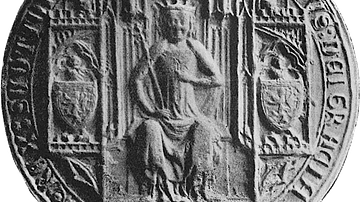
Definition
Robert II of Scotland
Robert II of Scotland ruled as king from 1371 to 1390. Born Robert Stewart, he succeeded the heirless David II of Scotland (r. 1329-1371) and so founded the royal house of Stewart. Dividing Scottish estates between his many offspring, Robert...
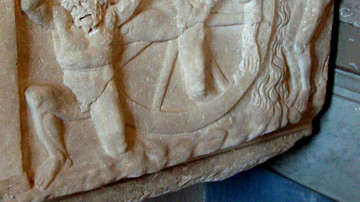
Definition
Tartarus
In Greek mythology, Tartarus was the lowest point of the universe, below the underworld but separate from it. Tartarus is best known from Hesiod's Theogony as one of the first beings to come into existence in the universe and also as the...
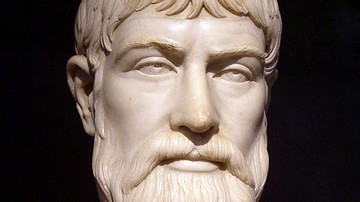
Definition
Pindar
Pindar (c. 518 to c. 448/7 BCE) was an ancient Greek lyric poet, probably the greatest of his time. His works have been divided into 17 books of different types of poetry, but only those containing 44 choral victory songs composed for the...
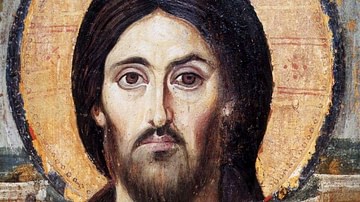
Definition
Jesus Christ
Jesus Christ is the designation of Jesus of Nazareth (d. c. 30 CE), who was an itinerant Jewish prophet from the Galilee in northern Israel. He preached the imminent intervention in human affairs by the God of the Jews, when God would establish...
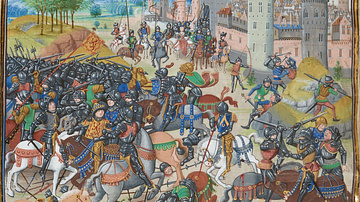
Definition
David II of Scotland
David II of Scotland ruled as king from 1329 to 1371 CE. Succeeding his father Robert the Bruce (r. 1306-1329 CE) when still a child, his early reign was threatened by the pretender Edward Balliol (c. 1283-1364 CE), son of King John Balliol...
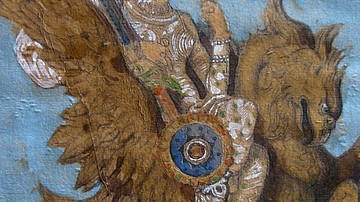
Definition
Chitrali Mythology
Chitrali mythology developed in the region of Chitral, the tallest portions of the Hindu Kush mountains, where the Chitrali people, at the juncture of South, Central, West, and East Asia, were exposed to many external cultural influences...